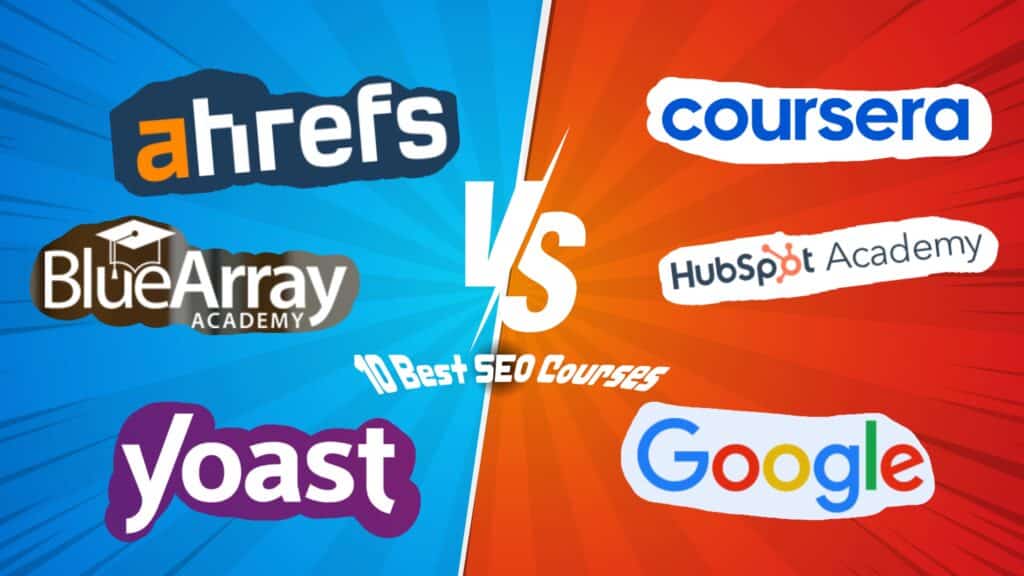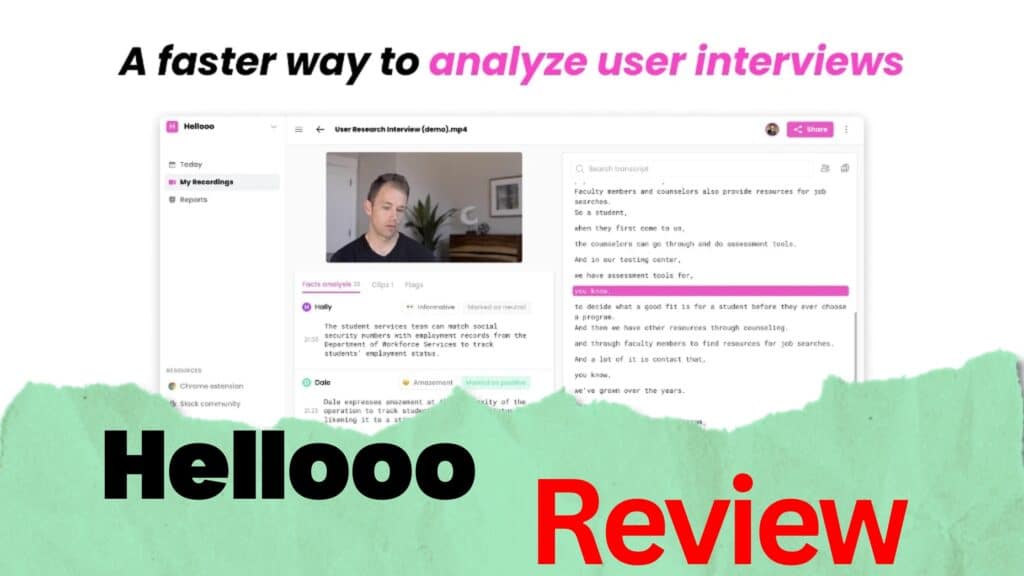We’re all worried about our online privacy these days. With every click, purchase, and stream, it’s natural to wonder, “Who’s watching my every move?” This is where a Virtual Private Network (VPN) comes in. Think of it as your personal shield in the digital world. It’s designed to protect your online privacy, but it’s important to ask: “Does a VPN make me completely invisible?” And can anyone still see what I’m doing when I’m using one?
This guide will explain how VPNs work to protect your privacy, what they can’t do, and the best ways to use them for maximum security.
What Exactly Is a VPN?
A VPN works like a secret tunnel for your internet traffic. It encrypts (scrambles) your online communications and sends them through a secure server. This clever trick hides your actual IP address, making it look like you’re Browse from a different location. Essentially, a VPN acts as your digital bodyguard, keeping your personal information safe from prying eyes.
Key things a VPN does:
- Protects your data: It encrypts your information, so no one unauthorized can see it.
- Hides your location: It masks your IP address, keeping your actual whereabouts private.
- Unblocks content: It can help you access websites or streaming services that might be blocked in your area.
- Secures public Wi-Fi: Even on risky public Wi-Fi, your internet session stays private.
Who Can See Your Activity Without a VPN?
To really appreciate what a VPN does, let’s look at who might be watching when you’re not using one:
- Your Internet Provider (ISP): Your ISP sees everything you do online. They keep records of every website you visit, how much data you use, and sometimes even the content of unencrypted messages.
- Hackers: On open public Wi-Fi, hackers can easily snatch your online transactions, potentially stealing your login details, credit card numbers, and private messages.
- Websites and Advertisers: Websites track your IP address to understand your online habits. Advertisers then use this info to show you personalized ads.
- Government Agencies: Depending on where you live, government agencies might be able to monitor your online activity for various reasons.
- Streaming Services: Services like Netflix or Hulu use your IP address to figure out your location and might block certain shows or movies based on regional rules.
Does a VPN Make You Truly Invisible Online?
A VPN definitely makes your online activities much more private, but it’s not a magic cloak of complete invisibility. While it significantly boosts your privacy, it doesn’t eliminate all forms of tracking. Here’s why:
A VPN is great at protecting you from:
- Your ISP: With a VPN on, your ISP won’t know what you’re Browse, what data you’re sending, or your exact location. They’ll only see that you’re connected to a VPN server.
- Hackers: Thanks to strong encryption, your data is safe from hackers, even when you’re on public Wi-Fi.
- Websites and Advertisers: Your real IP address is hidden by the VPN, so websites see the VPN server’s location instead of yours. This makes it much harder for them to follow your every move.
- Government Surveillance: If you use a trustworthy VPN with a strict “no-logs” policy and in a country with good privacy laws, your Browse can largely stay out of government reach.
But a VPN cannot protect you from:
- Cookies: If you accept website cookies or log into your personal accounts (like email or social media), those sites can still track your actions.
- Malware: A VPN isn’t antivirus software. You can still get viruses or other nasty software if you download risky programs or visit dangerous websites.
- Bad Habits: If you use the same passwords everywhere or click on suspicious links, you’re undermining your own security, even with a VPN.
- VPN Logs: Some VPN services, depending on where they’re based, might be forced to keep records of user activity. If they do, these logs could potentially be shared with authorities. This is why choosing a “no-log” VPN is super important.
Get the Most Privacy from Your VPN: Top Tips
To really maximize your privacy with a VPN, follow these simple tips:
- Pick a “No-Log” VPN: This is crucial. Choose a VPN provider that promises not to keep any records of your online activity. Services like ExpressVPN, NordVPN, and Surfshark are well-known for this.
- Use Incognito Mode: Combine your VPN with your browser’s private or incognito mode. This helps prevent websites from setting cookies or tracking your Browse history.
- Avoid Logging Into Personal Accounts: When you log into personal accounts (like social media or email), those platforms can still track you. For ultimate privacy, try to avoid logging into accounts while exploring sensitive content online.
- Clear Cookies and Cache Regularly: Deleting your browser’s cookies and saved data frequently helps erase any tracking information websites might have on you.
- Enable Extra Features: Many premium VPNs offer features like multi-hop (routing your traffic through multiple servers) for even more anonymity, and a kill switch that instantly disconnects your internet if the VPN drops, preventing your data from being exposed.
- Stay Away from Free VPNs: Most free VPNs make money by selling your data to advertisers, which defeats the whole purpose of using a VPN for privacy. It’s usually not worth the risk.
Can a VPN Guarantee Total Security No Matter What?
While VPNs offer strong privacy protection, it’s important to understand that no single tool guarantees absolute security in every situation. While a very determined snoop might still get some limited info, VPNs provide excellent privacy for most users.
Think of a VPN as part of your overall security toolkit. It works best when combined with other defenses like good antivirus software, strong, unique passwords, and smart online habits. A VPN is a vital piece of the puzzle for protecting your privacy and security online.
Why a VPN Is Worth It for Anyone Who Cares About Privacy
Your VPN won’t erase every digital trace, but it will significantly secure and protect your private data. When you turn on a VPN, it becomes much harder for your internet provider, hackers, and advertisers to track what you’re doing online. For anyone serious about their privacy, investing in a VPN is absolutely worth it, especially with all the data risks floating around these days.
Choosing a highly-rated VPN service with strong encryption, useful features, and a strict no-log policy is a big step towards safeguarding your digital identity. A VPN truly helps bring peace of mind when you’re online.
The Bottom Line
To sum it up, a VPN is a powerful tool that can greatly improve your online privacy and security. By encrypting your internet traffic and hiding your IP address, it can shield you from hackers, advertisers, and even government surveillance. But remember, a VPN isn’t a magic bullet. You still need to follow good online habits, like using strong passwords, being careful on public Wi-Fi, and keeping your software updated.
By picking a trustworthy VPN provider and following these tips, you can enjoy a much more secure and private online experience. Your online security and privacy are worth the investment, and a VPN is a key tool in protecting your digital self.
Our Top VPN Recommendations
Based on our research, here are the VPN providers we recommend for their strong encryption, reliable no-log policies, and excellent customer support:
- ExpressVPN
- NordVPN
- Surfshark
These services offer a range of features like multi-hop servers, kill switches, and split tunneling to ensure your online activity stays private and secure.
Final Thoughts
In today’s digital world, online security and privacy are more important than ever. With increasing cyber threats, it’s essential to take steps to protect yourself. A VPN is a fantastic way to do just that. By encrypting your internet traffic and hiding your IP address, a VPN gives you peace of mind while Browse.
Remember, your online security and privacy are worth investing in. Choose a reliable VPN, stick to good online habits, and enjoy a safe and private internet experience.



